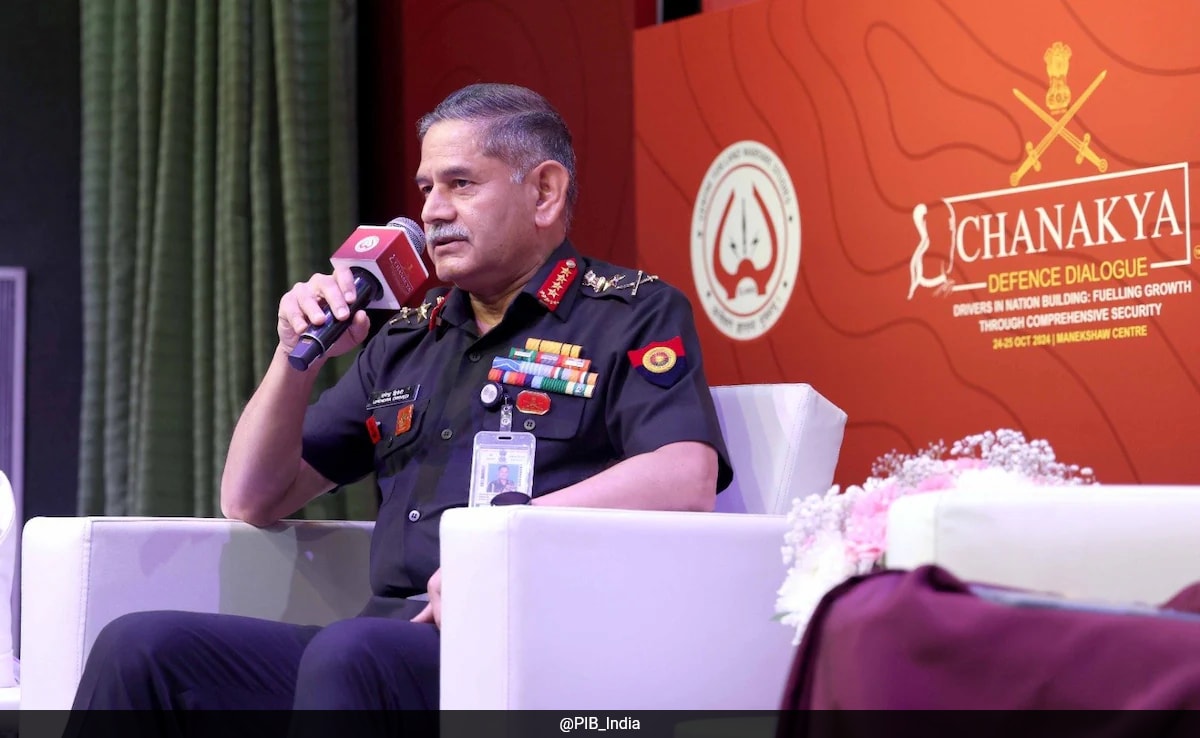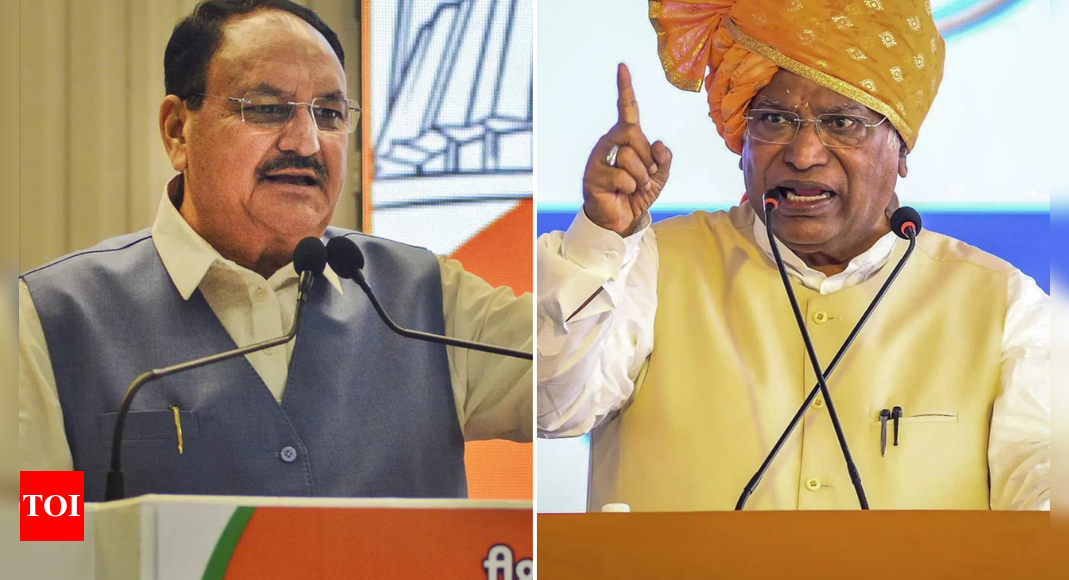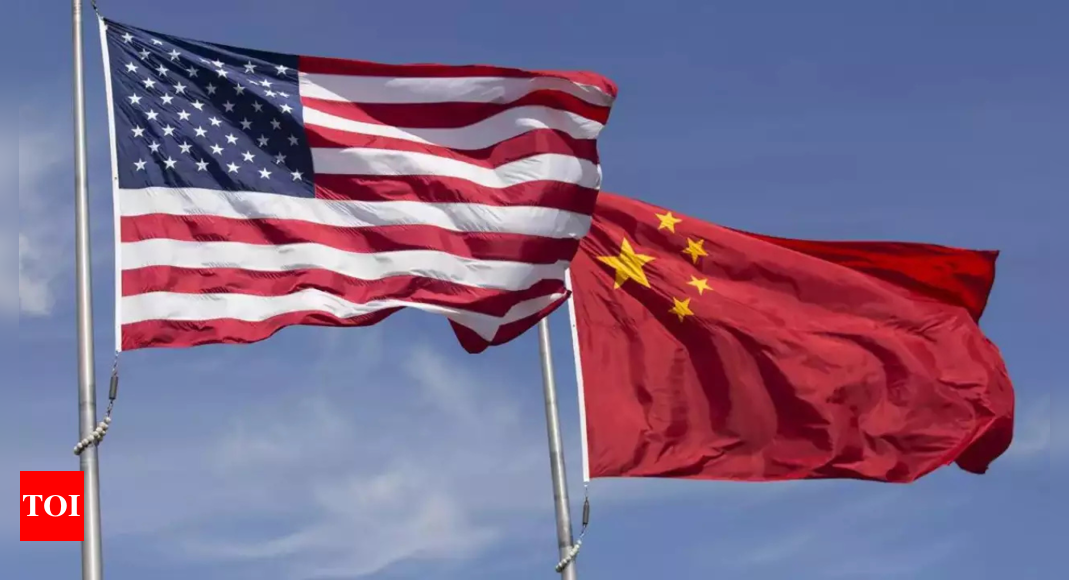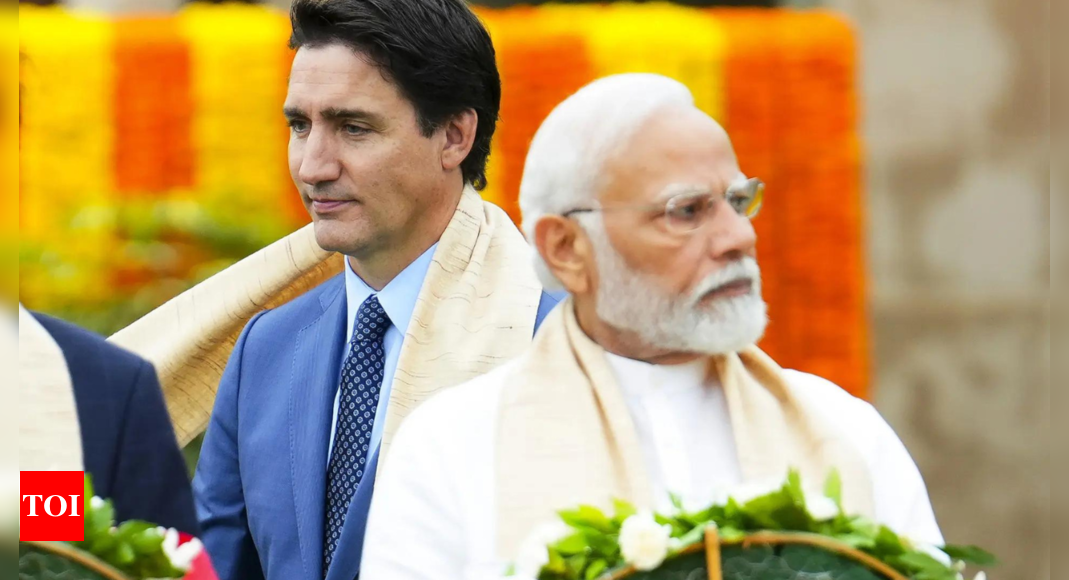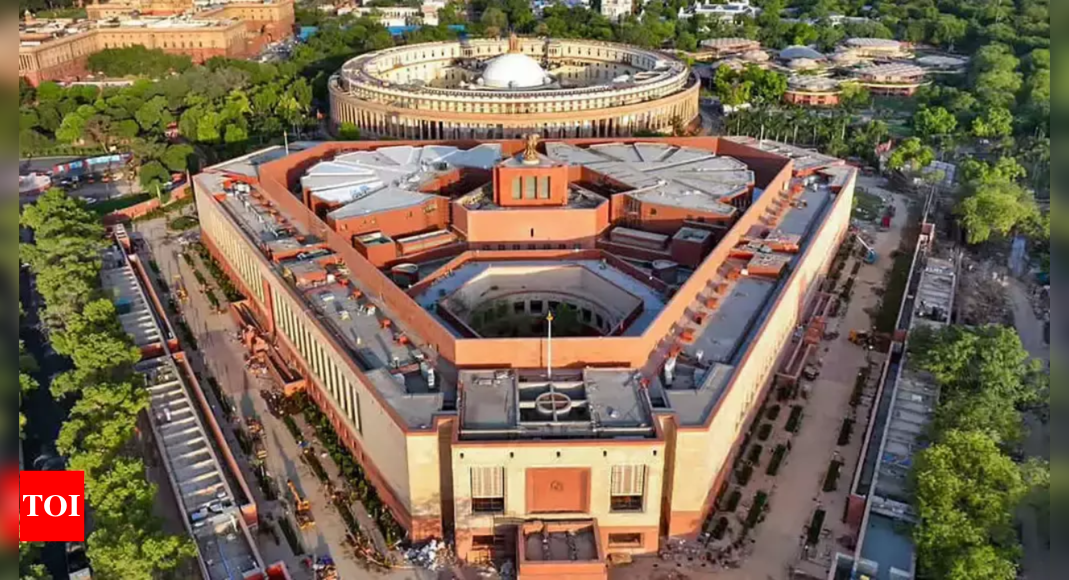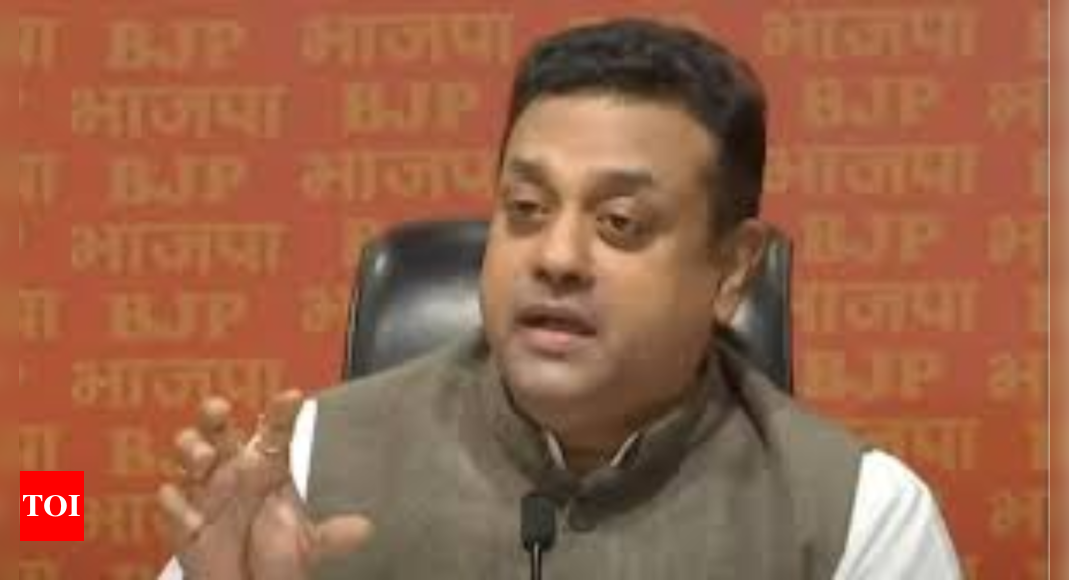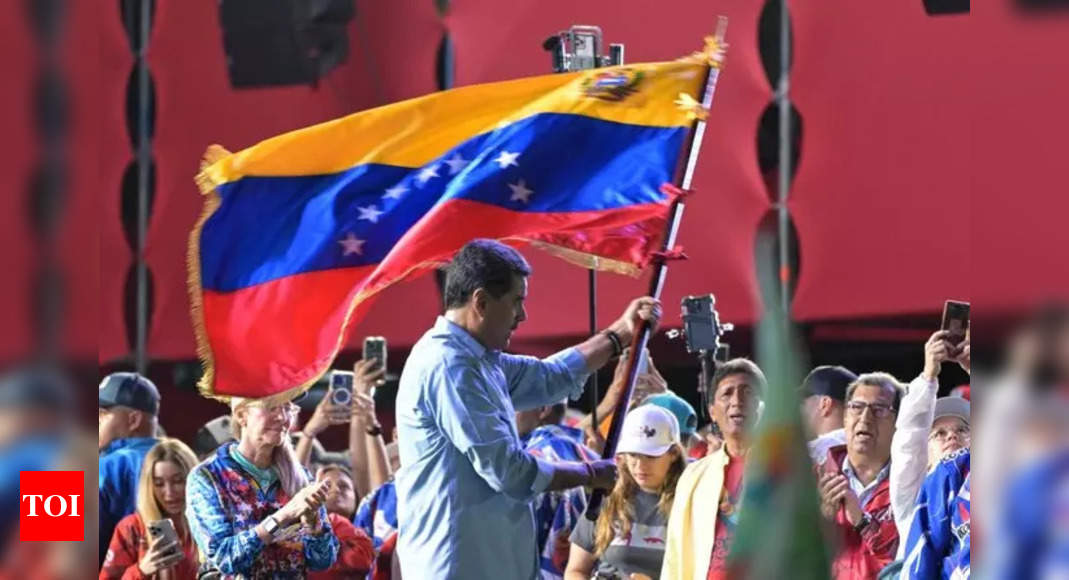
Venezuelans anxiously awaited the results of Sunday’s pivotal presidential election, which could signal an end to 25 years of single-party rule. As polls remained open more than three hours past the official closing time, the uncertainty heightened tension across the nation.
President Nicolás Maduro, seeking a third term, faced an unexpected challenger: Edmundo González, a retired diplomat who emerged as a late stand-in for opposition leader María Corina Machado.Machado, barred from the race by the Maduro-controlled Supreme Court, saw González as her surrogate in a last-ditch effort to unseat the incumbent.
Opposition optimism and polling irregularities
Opposition supporters, buoyed by exit polls showing a strong lead for González, celebrated early victories at voting centers in Caracas. Despite Venezuelan law prohibiting exit polls, celebratory scenes unfolded with chants of “Freedom! Freedom!” echoing through the streets. Merling Fernández, a 31-year-old bank employee, expressed elation at what she perceived as a landslide win for González. “This is the path toward a new Venezuela,” Fernández said, overwhelmed with emotion.
However, Maduro’s campaign remained defiant. Campaign chief Jorge Rodríguez dismissed the early jubilation, stressing the need for official results. “We can’t give results, but we can show face,” Rodríguez said.
Election day chaos and public sentiment
Polls, originally set to close at 6 p.m., continued operating past the deadline at some centers, leading to calls from the opposition for the National Electoral Council to begin ballot counting. The delay fueled skepticism about the fairness of the process.
In Caracas, voters lined up before dawn, preparing for long waits. Judith Cantilla, 52, voiced hope for change, emphasizing the need for better jobs and healthcare. “For me, change in Venezuela means jobs, security, and good pay for essential workers,” Cantilla said.
Impact and international reactions
The election’s outcome is poised to influence not only Venezuela but also the broader Americas, with many contemplating emigration depending on the result. U.S. Vice President Kamala Harris voiced support for Venezuelan voters, underscoring the importance of respecting their decision. “The United States stands with the people of Venezuela,” Harris stated on X.
Maduro’s son, Nicolas Maduro Guerra, projected confidence in a victory for the ruling party. Meanwhile, González called for a peaceful transition and urged the armed forces to honor the people’s choice.
Campaign dynamics
Venezuela’s economic crisis and mass migration were focal points of the campaign. Maduro’s pitch included stories of economic recovery and stable currency, but many Venezuelans have seen little improvement. González and Machado’s campaign promised to address the vast inequalities and reverse the economic decline.
González, speaking after voting, emphasized his commitment to transformative change. “We will change hatred for love, poverty for progress, and corruption for honesty,” he declared.
As Venezuelans wait for the official results, the election’s potential to reshape the nation’s future remains a subject of intense anticipation and concern.
President Nicolás Maduro, seeking a third term, faced an unexpected challenger: Edmundo González, a retired diplomat who emerged as a late stand-in for opposition leader María Corina Machado.Machado, barred from the race by the Maduro-controlled Supreme Court, saw González as her surrogate in a last-ditch effort to unseat the incumbent.
Opposition optimism and polling irregularities
Opposition supporters, buoyed by exit polls showing a strong lead for González, celebrated early victories at voting centers in Caracas. Despite Venezuelan law prohibiting exit polls, celebratory scenes unfolded with chants of “Freedom! Freedom!” echoing through the streets. Merling Fernández, a 31-year-old bank employee, expressed elation at what she perceived as a landslide win for González. “This is the path toward a new Venezuela,” Fernández said, overwhelmed with emotion.
However, Maduro’s campaign remained defiant. Campaign chief Jorge Rodríguez dismissed the early jubilation, stressing the need for official results. “We can’t give results, but we can show face,” Rodríguez said.
Election day chaos and public sentiment
Polls, originally set to close at 6 p.m., continued operating past the deadline at some centers, leading to calls from the opposition for the National Electoral Council to begin ballot counting. The delay fueled skepticism about the fairness of the process.
In Caracas, voters lined up before dawn, preparing for long waits. Judith Cantilla, 52, voiced hope for change, emphasizing the need for better jobs and healthcare. “For me, change in Venezuela means jobs, security, and good pay for essential workers,” Cantilla said.
Impact and international reactions
The election’s outcome is poised to influence not only Venezuela but also the broader Americas, with many contemplating emigration depending on the result. U.S. Vice President Kamala Harris voiced support for Venezuelan voters, underscoring the importance of respecting their decision. “The United States stands with the people of Venezuela,” Harris stated on X.
Maduro’s son, Nicolas Maduro Guerra, projected confidence in a victory for the ruling party. Meanwhile, González called for a peaceful transition and urged the armed forces to honor the people’s choice.
Campaign dynamics
Venezuela’s economic crisis and mass migration were focal points of the campaign. Maduro’s pitch included stories of economic recovery and stable currency, but many Venezuelans have seen little improvement. González and Machado’s campaign promised to address the vast inequalities and reverse the economic decline.
González, speaking after voting, emphasized his commitment to transformative change. “We will change hatred for love, poverty for progress, and corruption for honesty,” he declared.
As Venezuelans wait for the official results, the election’s potential to reshape the nation’s future remains a subject of intense anticipation and concern.




